Anti-corruption in the focus in Strasbourg
The anti-corruption fight in Romania has been said to start overshadowing the so-called “Clean Hands operation whereby in the early 1990s Italian prosecutors exposed political corruption.

Bogdan Matei, 21.03.2017, 13:11
For quite a while described as the most powerful woman in Romania and indicated by opinion polls as the hypothetically favourite presidential candidate of the right wing electorate, the head of the National Anti-Corruption Directorate(DNA), Laura Codruta Kovesi has already gained a flattering international fame. She has recently been invited by the High Court of Cassation and Justice in Sofia, the capital of neighboring Bulgaria, to share the Romanian experience in a sensitive area in both states. 90% of corruption files in Romania result in convictions, but that percentage is 30 times lower in Bulgaria as Radio Romanias correspondent in Sofia reports; so, the Romanian strategy could be relevant for the Bulgarian neighbors.
On Monday, Mrs. Kovesi was invited to attend the Strasbourg Conference of GRECO – the Council of Europes anti-corruption body. The debates focused on preventing corruption in top-level government positions and law-enforcing agencies; the previous such conference focused on corruption among MPs, judges and prosecutors. The Strasbourg conference addressed issues related to conflicts of interest, the policies of recruiting former members of the executive and legislative branches for the private sector, financial statements and accountability mechanisms. Romania needs to have its legislation revised and a greater transparency in public procurement to be able to combat high-level corruption more effectively – Mrs. Kovesi said in Strasbourg.
She explained that the ministers immunity must be confined to their term in office so that the investigation of those suspected of corruption might be carried on. In her speech posted on the GRECO website and taken over by press agencies, the anti-corruption chief gave the example of a minister suspected of having received about 45,000 Euros in order to facilitate the granting of contracts to certain companies and the investigation was closed because Parliament had failed to lift his immunity. That was one of the Directorates failures in an anti-corruption campaign which in 2016 alone resulted in over one thousand high and medium ranking officials being prosecuted. They include 3 ministers, 6 senators, 11 deputies, 47 mayors, 16 magistrates and 21 directors of national companies. However, the results were not always that spectacular.
In 2006, prior to Romanias accession to the European Union, only 360 high-level corruption cases were prosecuted in Romanian courts. Four years later, the number of indictments exceeded 900 and reached 1,273 in 2016. According to GRECO experts, the Directorates results were based on the real independence of the judiciary, the prosecutors specialization, a functional law and the consensus of the political class, which at least in declarative terms, backs the anti-corruption fight, although politicians themselves are at the center of some of the most notorious investigations. (Translated by A.M. Palcu)






























